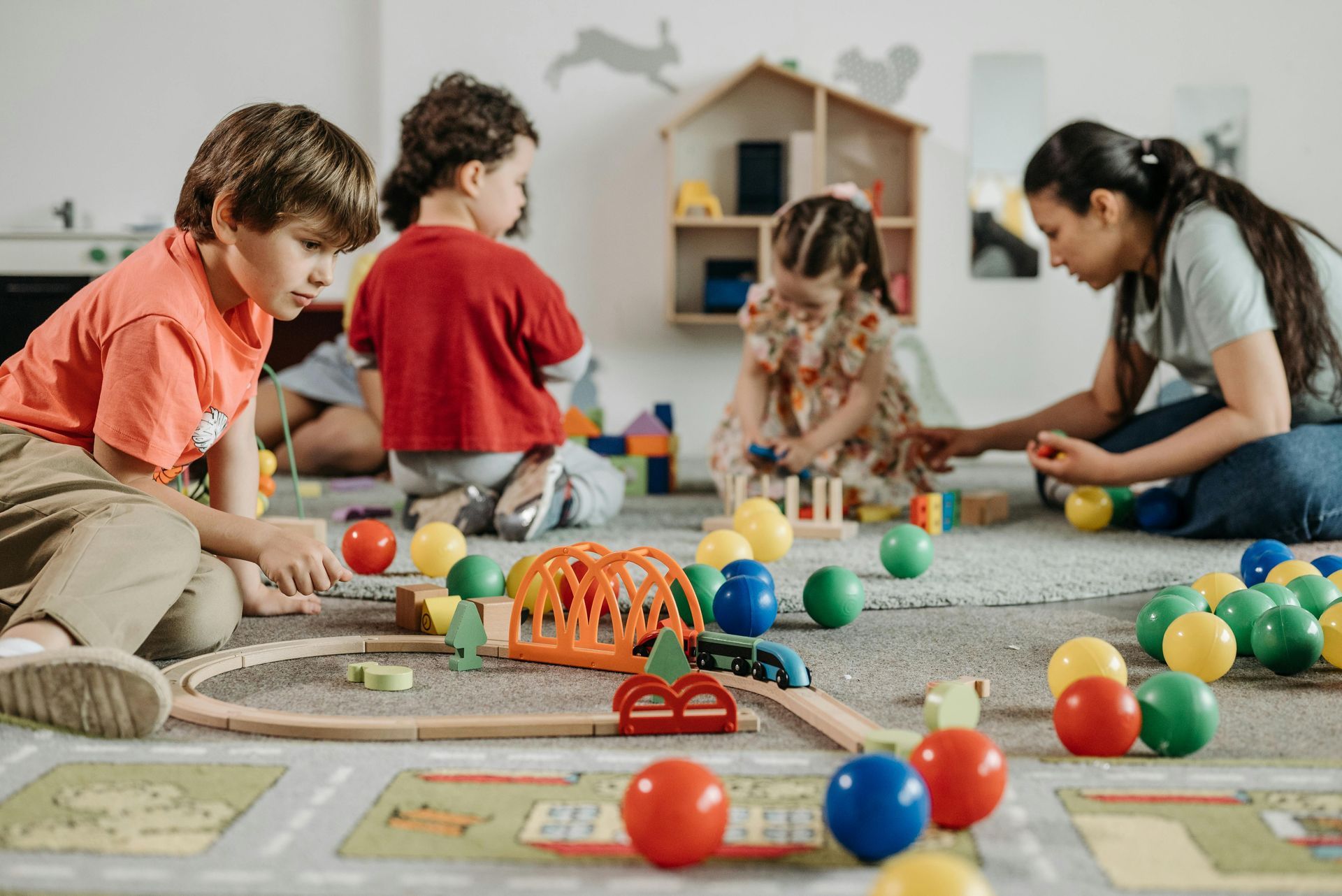
To a large extent, Montessori education has always marketed itself as the freedom for children to develop at their own pace, in their style. However, it is not widely known that the Montessori method was also suitable for children with physical and mental developmental disabilities. Whether the child’s difficulties are related to learning, motor skills, developmental delays, or other physical or cognitive differences, the Montessori approach is a gentle and effective framework for the child.
Individualized Learning in Montessori
The Montessori principles believe that each child has a unique learning style. The discrimination, based on the learner's needs, makes it possible for children in a Montessori class to learn at their own pace. It is useful for children with special needs because it is more beneficial to make progress at a pace that suits a child with learning disabilities.
Contrary to structuring the day in a set schedule, children in Montessori environments are allowed to choose how and what they want to learn through using their hands and manipulating objects, touching things, and going about their daily tasks. Such flexibility can enable several changes that may allow the child with learning or developmental disability to learn in a manner that is comfortable for them to understand.
A Prepared Environment that Encourages Independence
The Montessori environment is thus planned and organized with the child's needs in mind. Children with special needs can benefit from the classroom design because it creates order, reduces distractions, and also helps them to be more independent learners. Montessori primary control materials are unique in that they lend themselves to sensory experiences, and assist in helping children in their fine and gross motor development and cognitive skills. In terms of the classroom layout, it allows children, who may have difficulties with transitions or even with overstimulation, to attend a safe and easily structured classroom environment.
The Montessori approach allows children to take control of their learning environment whereby they choose what they have to do, where they have to be, and even how fast they'll learn—slowly or quickly. Apart from academic development, children with special needs benefit from this approach to their psychological state.
Multi-sensory and Hands-On Learning
Children with special needs benefit from multi-sensory teaching strategies and this comes out very clear in the Montessori system of education. The use of the material in the Montessori is well made in a way that it appeals to the touch, eyes, and ears of a child to enhance the learning process. Whether the children use the Pink Tower to learn size and order or use textures in sensory tables, children learn through dynamic interactions—sensitizing their thinking process as they go along.
To the kids who struggle with more conventional learning approaches, Montessori provides a sort of learning that will help them grasp the concepts. Explaining something to oneself, or grasping that thing with the ability to relate it to an understanding, allows children in Montessori education enough time to process what they have been taught, a bonus to those who either have processing or learning difficulties.
Promoting Social and Emotional Development
In Montessori environments, children are encouraged to be part of a group and are expected to work in groups; this is very important for children with special needs to learn how to relate to their peers. In this setting, children of various ages are grouped in classrooms, and they therefore learn how to share, respect one another as well and exercise patience. Having children of different ages within the same classroom promotes peer teaching and children’s ability to learn from each other, thus improving their levels of empathy.
These aspects of social interactions prove to be very helpful for children with special needs and provide the kids with an opportunity to practice communication, collaboration, and regulation of emotions in a natural environment. This innovation is important as it involves students in a community and ensures cooperation and comprehension with other peers thus enhancing social-emotional development.
A Comprehensive View of Special Needs
Montessori education is defined by the method that considers the child’s physical, psychological, social-emotional, and cognitive nature. For Special Needs children, this view of development implies that they can get all-round needs including learning needs addressed. Aside from knowledge acquisition that the child may get from conventional classes, Montessori assists children in developing essential life skills that will enable them to become a more responsible part of society.
All these aspects of support make Montessori especially suitable in the case of children with different developmental disorders. Under the proper guidance, there are no challenges in learning that children should not be able to overcome, the confidence can be gained and the child can develop in a certain way that he/she can never develop in school.
This representation provides a balanced understanding of the importance of Montessori education to children with special needs since it respects and embraces the child as well as focuses on the individual needs of the child, and can be modified accordingly when necessary. Montessori encourages children’s learning strategies, use of senses, and development of the whole child, thus catering to all children. Whether such a child is slow to develop or may require extra time to practice a certain skill, needs stimulus in the area of his or her senses, or requires a quieter, more organized environment, Montessori has the solution in the most polite and enabling way possible.
To learn more about the program, and how the Montessori teaching approach can assist your child’s learning process, we would like to welcome you to Seven Oaks Academy. Let’s design a learning environment for your child at school that will align with his/her potential and learning capacity.
Ready to learn more? Call us today at
770-564-0470 and find out how easy it is to sign in, for our Montessori program is very effective for special needs kids!



